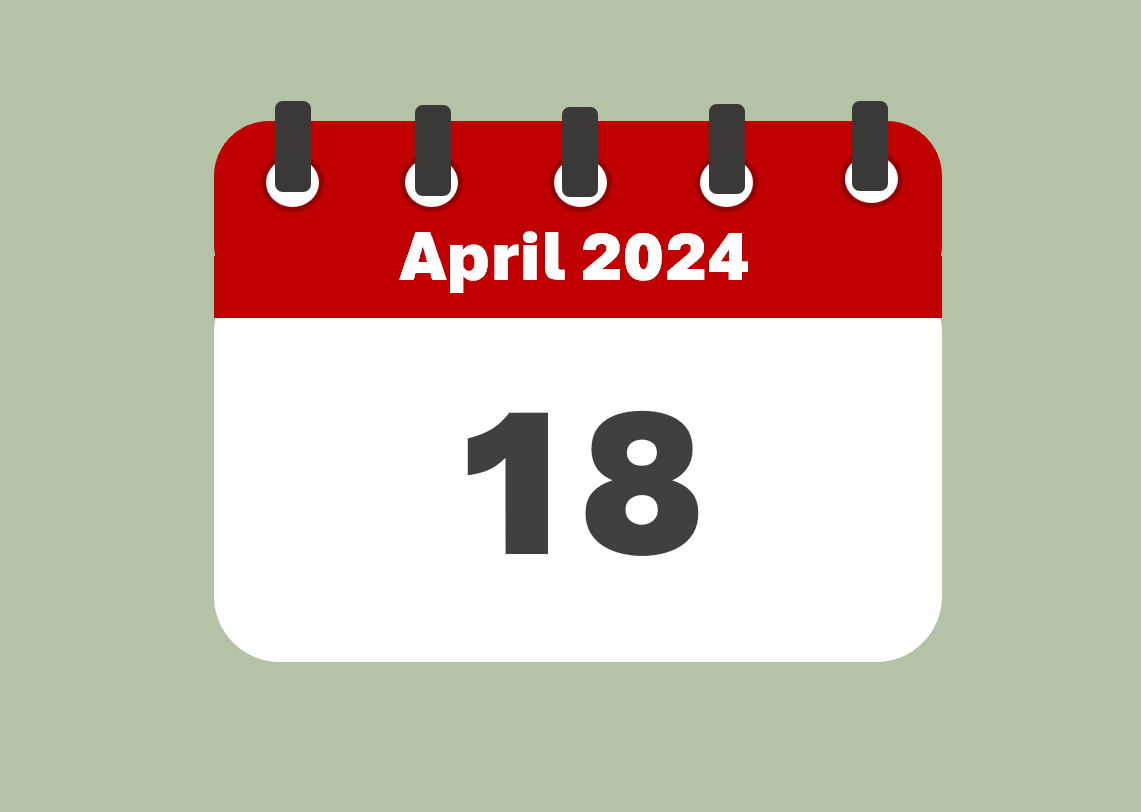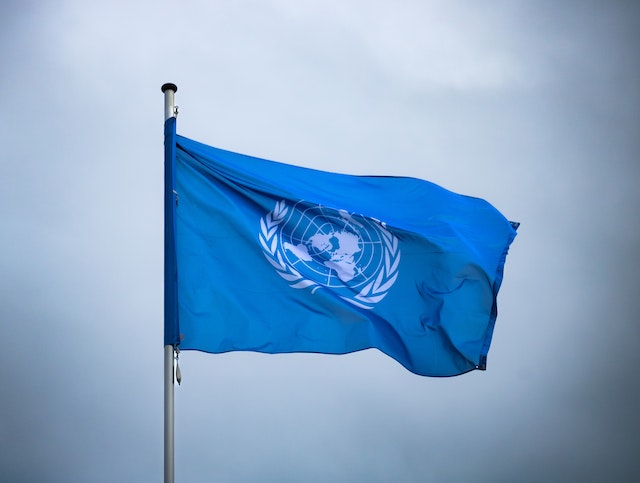NZFVC Quick Reads: 18 April 2024
Thu 18 Apr 2024
This Quick Reads covers: • Women’s Refuge resources on suicide and technology • District Court Annual report published • Evidence brief on sexual violence related non-fatal strangulation and acquired brain injury • Call for input to UN report on child sexual exploitation in digital environment • State of the Sector Survey open • Community-based strategy for diversity and inclusion

NZFVC Quick Reads: 18 April 2024
Welcome to our Quick Reads format. Each week we share selected news bites relevant to family violence and sexual violence in Aotearoa. See all past NZFVC Quick reads.
Women’s Refuge resources on suicide and technology research and practice
Women’s Refuge have released 2 resources as part of their Family Violence Risk and Safety Series. The documents share key findings from research about the experiences of victims who sought help from Women’s Refuge. The Family Violence and Suicide: Responding Well to Risk (2024) resource sets out good practice guidelines for responding well to suicide risk. Family Violence and Technology (2024) sets out steps to support victims experiencing digital abuse – this includes risks related to phones and other forms of digital technology.
District Court Annual report published
The District court of New Zealand | Te Kōti-ā-Rohe o Aotearoa has published their Annual Report 2023 (2024). The report included updates related to Family Court and Te Ao Mārama. The report highlights a 17% increase in active family violence applications compared to the previous financial year, taking their total to 3,796; this was the largest increase experienced by any case type. New work (new cases and applications flowing into the courts) was also reported to increase by 3,750 (+7%), driven by a 12% increase in new family violence applications and a 9% increase in new Care of Children Act applications.
Evidence brief on non-fatal strangulation and acquired brain injury related to sexual violence
Australia-based Women’s Health NSW published Non-fatal strangulation and acquired brain injury in the context of sexual violence: An evidence brief (2024). The brief looks at Australian and international research. It is designed for people developing policies and practices to respond to and prevent non-fatal strangulation and acquired brain injury in the context of sexual violence and sexual choking. Women’s Health NSW has also created It Left No Marks, an online learning hub about non-fatal strangulation and acquired brain injury. For Aotearoa data see the article Intimate partner violence reporting and assessment of traumatic brain injuries and strangulation by a New Zealand hospital health service (2023).
Call for input to UN report on child sexual exploitation in digital environment
The United Nation’s Special Rapporteur on the sale and sexual exploitation of children has issued a call for input to inform a report on the existing and emerging threats that digital technologies pose to children, including artificial intelligence. The Special Rapporteur is also seeking input on the role of technology in responding to these sexual exploitation and sexual abuse of children online. The submissions will aid in the production of the Special rapporteur’s next thematic report to the UN General Assembly. It builds upon the previous report: A/HRC/28/56: Information and Communication Technologies and the sale and sexual exploitation of children (2014). Details on how to make a submission, along with 9 questions, can be found on the Call for input webpage. Submissions due 15 May 2024.
The 2024 State of the Sector Survey is open for feedback
The 2024 State of the Sector Survey is open for not-for-profit organisations to give feedback. The survey is run by Community Networks Te Hapori Tuhononga o Aotearoa. The survey is open to all not-for-profit groups including kaupapa Māori organisations, social service agencies, community organisations, sports groups and more. The survey closes on 31 May 2024. The survey provides a snapshot of the not-for-profit sector. It is run every 2 years.
Community-based strategy for diversity and inclusion
Inclusive Aotearoa Collective Tāhono has released A community-based national strategy for diversity and inclusion (2024). The strategy offers eight outcomes and action-oriented objectives for community-based organisations in Aotearoa and abroad, including: valuing Indigenous knowledge, connected networks, and social structures and values. This strategy draws on Inclusive Aotearoa Collective Tāhono’s research on belonging, which asked diverse communities in Aotearoa what strengthens and what stands in the way of belonging and inclusion.






